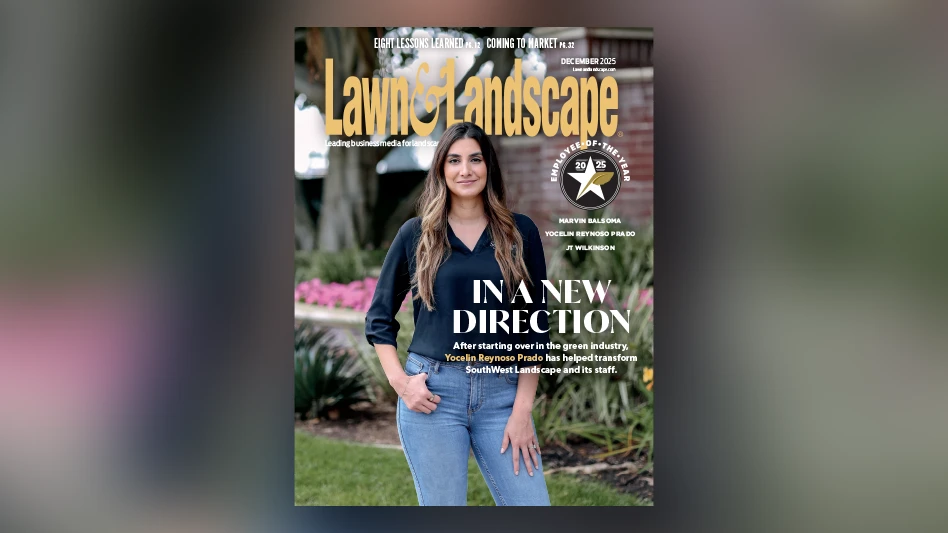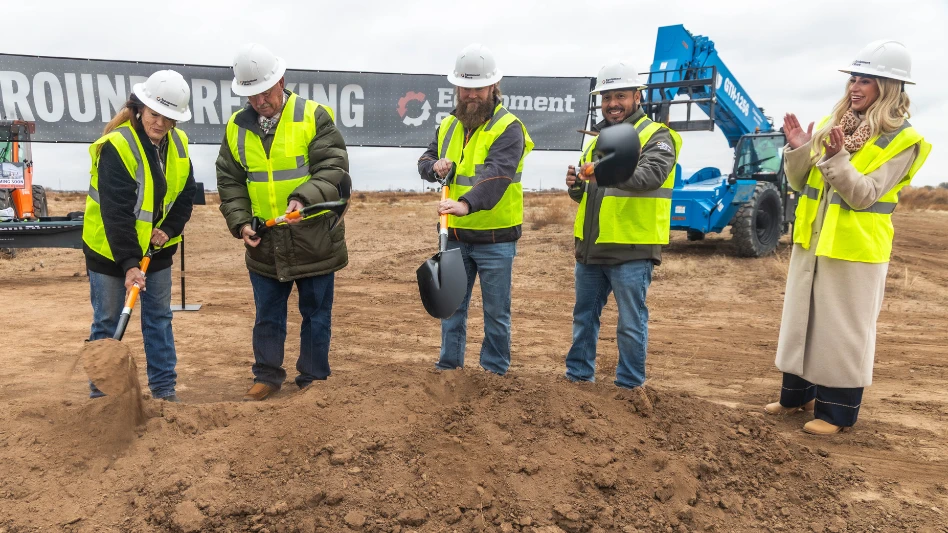MIAMI, Fla. -- The National Hispanic Landscape Alliance, has joined Bayou Lawn and Landscape Services, the National Association of Landscape Professionals, Superior Forestry and the Small and Seasonal Business Legal Center in filing a lawsuit seeking to make the recently enacted H-2B rules illegal.
The suit against the U.S. Department of Labor and the Department of Homeland Security in the U.S. District Court for the Northern District of Florida would eliminate regulations filed April 28. The new ruling included many new procedures, including:
· All jobs must be at least 35 hours per week, rather than 30.
· Job offers must remain open to U.S. workers until 21 days before the employer's start date of need.
· Employment duration was decreased from 10 to 9 months.
· Employers must guarantee a certain number of work days to employees.
· Private wage surveys may not be used to determine hourly rates.
· Former employees with U.S. citizenship must be contacted with job opportunities.
“It’s frankly very disheartening as we visit our members across the country and meet so many of them really poised for growth, ready to make investments, ready to bring people on board,” said Ralph Egües, executive director of the NHLA. “They work hard to implement best practices and but for the ability to staff their crews, they’re ready for big things and we’ve got this administration working against the needs of a lot of people in the country but very acutely affecting Hispanics in the landscape industry, so we’ve got to do what we can.”
Many landscapers – as well as other industries like hospitality and food production – rely on the H-2B program to find employees they say they can’t find domestically.
In fiscal year 2014, 93,649 H-2B positions were certified by the government. Landscapers employed 34,845 seasonal workers during that time, the most out of any industry. The next-closest industry, forest and conservation workers, employed just 9,602, according to data from the Department of Labor.
The lawsuit is based on the fact that they are contrary to the requirements of the Administrative Procedure Act and the DOL and DHS did not give the public a chance to comment on them. The suit also claims that there was no emergency, and therefore there was no basis for making the rules immediately effective.
Today, U.S. Hispanics make up more than 35 percent of the landscape industry workforce, and more than 17 percent of landscape companies are owned by Hispanics; double the U.S. national average rate of Hispanic ownership, according to the NHLA.
The H-2B program benefits American laborers who work with, supervise, and otherwise support H-2B workers. Reputable U.S. employers that need supplemental labor rely on the program and abide by laws that enable them to hire an efficient workforce. The plaintiffs believe that it is imperative that the DOL and DHS stop burdening a program that benefits American companies and workers, and the nation’s economy, with rules that make the process unnecessarily costly, arduous, and risky for businesses that would otherwise be thriving and adding jobs.
“The driving force is frankly the DOL and DHS ignoring the needs of our members and those involved and those of us that came together on the lawsuit, we’ve been collaborating, most of us and others for some time,” Egües said. “It’s frankly very hard to engage in a program that’s as unnecessarily complex as the federal government has made the H2B program.”
Moving forward, Egües said the goal is to not only stop the recent rules, but also get further clarifying language that describes in greater detail what the DHS needs to do in administering this program and describes in greater detail what the advisory role of the DOL is in the H2B program.
“The DOL has overreached,” Egües said. “They’re assuming responsibilities for the program that Congress is not intended for it and so this is part of what we’re bringing to the attention of our members of Congress and it’s our hope that there will be positive action on that front as well, not just through the courts.”





